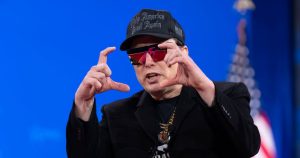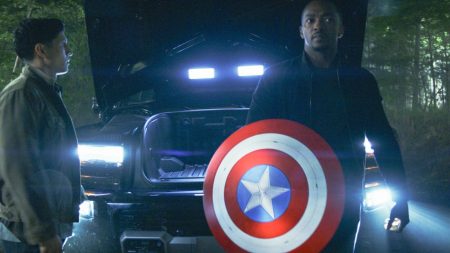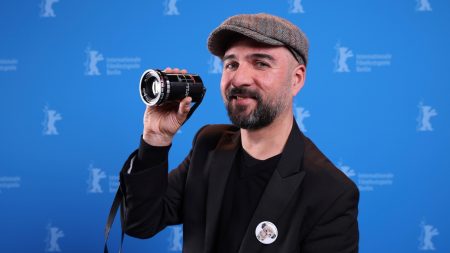The Postponement of Tupac Shakur’s Murder Trial: A Delay in the Pursuit of Justice
On Tuesday, a Nevada judge made the decision to postpone the highly anticipated murder trial of Duane “Keffe D” Davis, the only suspect ever charged in the 1996 killing of rap icon Tupac Shakur. The trial, initially set to begin next month in Las Vegas, has been rescheduled for February 9, 2026, following new developments presented by Davis’s defense team. Clark County District Court Judge Carli Kierny emphasized that the delay was necessary to ensure Davis receives a fair trial, as significant work remains to be done in preparing the case.
Davis, who has pleaded not guilty to first-degree murder, appeared to accept the delay when questioned by the judge. His defense attorneys had filed a motion requesting more time, citing the need for critical investigative work and the interviewing of key witnesses. They argued that these steps are essential to ensure Davis’s right to effective legal representation. The judge agreed, acknowledging that several critical aspects of the case still required attention.
The defense team, led by attorney Carl Arnold, has been working tirelessly to build a robust case for Davis. Among their recent findings, a private investigator has identified potential witnesses who claim Davis was not present at the scene of the shooting. This new evidence could be pivotal in challenging the prosecution’s case, which relies heavily on decades-old allegations. Arnold has also highlighted that many critical facts in the case have yet to be fully examined, further justifying the need for more time to prepare.
The circumstances surrounding Tupac Shakur’s death remain one of the most infamous unsolved cases in American history. On the night of September 7, 1996, Shakur was riding in a BMW driven by Marion “Suge” Knight, the founder of Death Row Records, when they stopped at a red light near the Las Vegas Strip. A white Cadillac pulled up beside them, and gunfire erupted, leaving Shakur critically injured. He succumbed to his wounds six days later, sparking a wave of grief and outrage across the nation.
Duane “Keffe D” Davis, a former gang leader, has been accused of orchestrating the shooting. While he has denied any involvement in Shakur’s murder, Davis has made controversial statements over the years, including acknowledging that he provided the gun used in the shooting and was present in the car during the attack. However, his legal team has since clarified that these admissions were made “for entertainment purposes and to make money,” suggesting they were not truthful accounts of events.
The postponement of the trial has significant implications for all parties involved. For Tupac Shakur’s family, fans, and the wider public, the delay means another year of waiting for answers in a case that has gone unresolved for nearly three decades. For Davis, the extra time allows his legal team to strengthen his defense and potentially uncover new evidence that could exonerate him. The prosecution, on the other hand, must now wait longer to present its case, which they believe is strong enough to secure a conviction.
As the trial approaches in February 2026, the spotlight will once again shine brightly on this tragic chapter in music history. The outcome of the case could bring closure to those who have been seeking justice for Tupac Shakur’s death, or it could add another layer of mystery to a story that continues to captivate the world. Regardless of the result, the legacy of Tupac Shakur endures, reminding us of the impact one life can have on culture, music, and the fight for justice.















